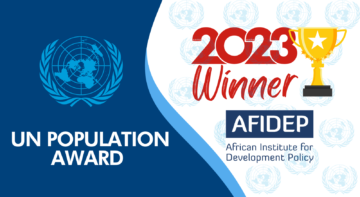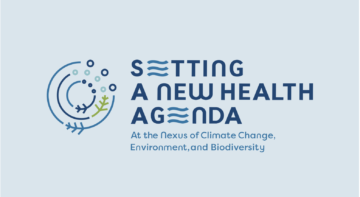Actualités

The Population Association of America (PAA) annual meeting is the premier conference of demographers and social and health scientists from the United States and abroad. At PAA, population scientists at all career stages are afforded the opportunity to present their research in oral and poster sessions, hear others’ findings, and network with their peers. The 2022 PAA meeting will take place between 6 – 9 April 2022 in Atlanta, Georgia.
The program will consist of 235 sessions in 15 program areas. These sessions reflect the interdisciplinary diversity that makes up PAA, sociologists, economists, geographers, historians, political scientists, survey researchers and other health and social scientists. They also reflect how the field of population research has evolved with the new challenges facing the world, including the pandemic’s challenges to population health and well-being and growing attention to diversity and inequality. Further, the convening will also include 14 invited sessions, organized by PAA members, that provide an opportunity for PAA to examine new and exciting areas and to reflect on the way the population field has evolved.
AFIDEP’s participation
6 – 9 April: Exhibition booth
AFIDEP will display publications and resources related to population, social science, health and the institution with the aim of disseminating new evidence and raising AFIDEP’s brand awareness. The booth will have a full-time exhibitor/staff to engage with attendees – promote and discuss different aspects of our work and respond to any queries about the Institute.
6 April: Workshop
Title: Role of population dynamics in development policies and programs: North to south dialogue on models that work
About: Co-convened by AFIDEP and the Population Reference Bureau (PRB), the workshop will contribute towards building a network of population scientists in different continents championing evidence use in different spaces and platforms. Through the workshop, AFIDEP and PRB hope to initiate long lasting collaborations to build synergies and document lessons on the different models that work in having evidence from population studies inform development policies.
Presenters: Dr. Rose Oronje (Director of Public Policy and Knowledge Translation, and Head of Kenya Office – AFIDEP), Dr. Bernard Onyango (Senior Research and Policy Analyst – PRB), Gaye Agesa (Senior Regional Communications Manager – PRB), Angeline Siparo (Consultant – PRB) and Gorrety Parmu (Policy Analyst – PRB).
Time: 8am – 5pm (ET)
7 April: Oral presentation
Title: Nomenclature nonsense? A qualitative exploration of contraceptive definition and classification by respondents in four African countries
Session: Critical Approaches to Fertility and Family Planning Indicators
Presenter: Nurudeen Alhassan, Ph.D. (Research and Policy Analyst)
Time: 2pm – 3.15 pm (ET)
Room: International 7
8 April: Oral presentation
Title: The ‘why, how and when’ of traditional contraceptive method use: a methodological enquiry in measurement of traditional methods of contraceptive use in four Sub-Saharan African Countries.
Session:Methodological Innovations in Family Planning and Contraception
Presenter: Maame Peterson, Ph.D. (Research and Policy Analyst)
Time: 3.45pm – 5pm (ET)
Room: M309
Related Posts




